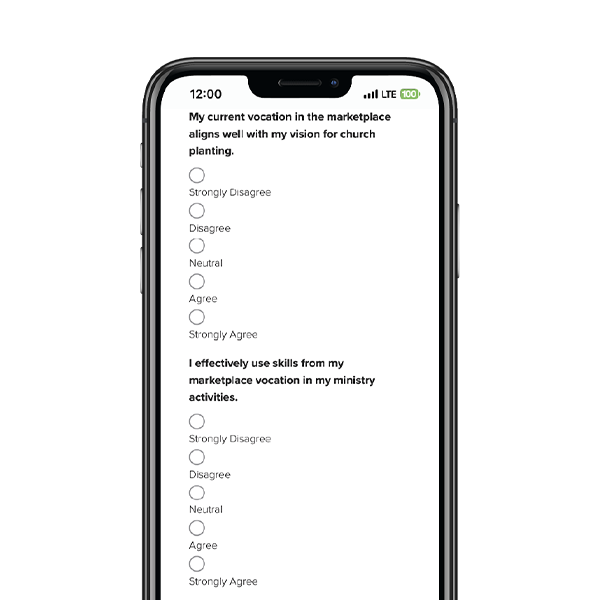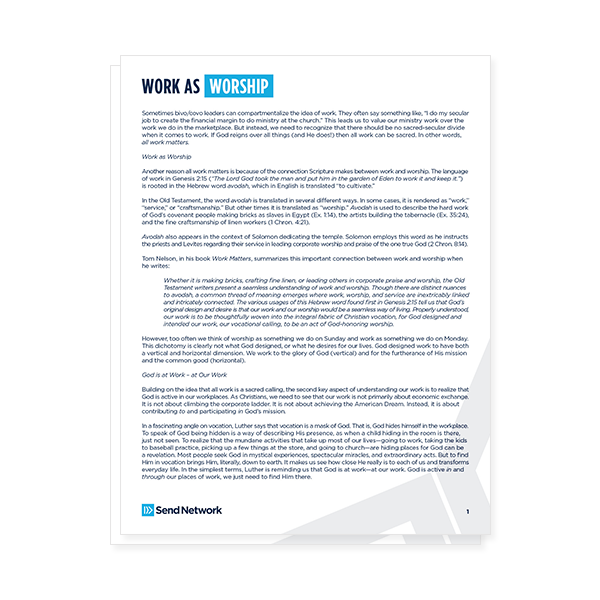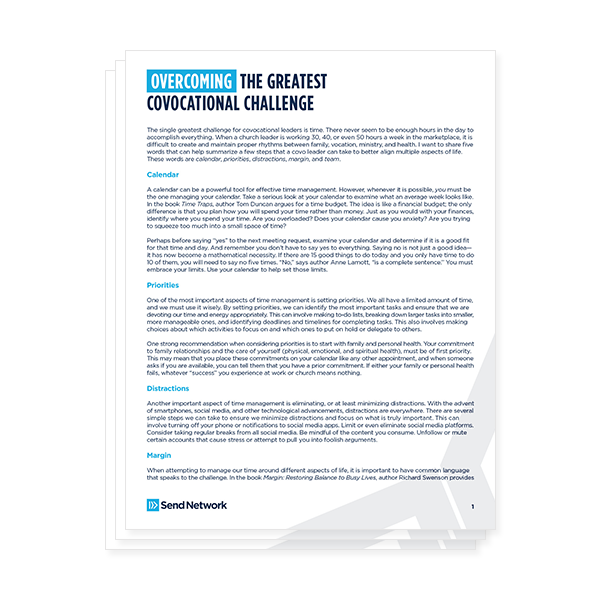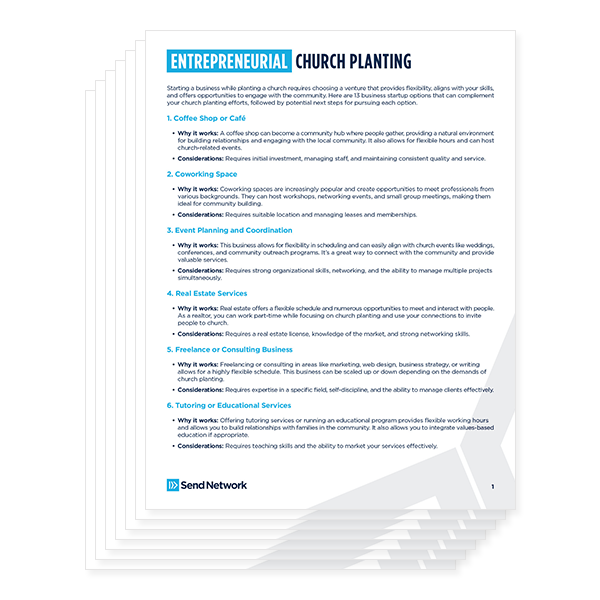2. Rootedness and hiring from within matters.
“From the outside looking in, what has been the major factor in City Church making it to our 10 year anniversary?” I asked a Tallahassee local church pastor over some pulled pork and fries at lunch. As a church we didn’t just survive 10 years, but by the Lord’s favor and blessing, we headed into our anniversary celebration growing as a church and experiencing our greatest days.
I am too close to be able to see as clearly as I would like when evaluating our church so as I was seeking to understand factors that allowed us to experience this incredible decade long story, I sought the opinion of a another pastor in our city whose church has a different style and approach to ministry than City Church. His first thought was that we “filled a vacuum,” as our style and approach to church didn’t exist when we first started (it has become more common now in our city), but he quickly moved to a different answer that he claimed was the primary factor for our decade of ministry. “You just can’t underestimate the rootedness of yourself and the City Church staff. You guys are Tallahassee people, and that just matters a whole lot.”
I had never thought about it like that before this conversation. Some on our staff grew up in Tallahassee like I did, but most of the others were already living in our city before they came on staff. In fact, most were already members at our church long before they received a paycheck from City Church. Those who voluntarily left our staff and stayed in Tallahassee are still active members and serving in the church. That’s pretty remarkable when you think about it. Rootedness matters.
The people leading our church day to day now were already connected in their city and loved their church before they ever attended a staff meeting. One doesn’t see that often and it has been a big deal for us. Now, when people ask about our “secret sauce,” building a staff team from within our church family is a place I immediately point to. It is nowhere near a rule for us, but it is certainly helpful and eliminates a lot of unknowns since we already know the person who comes on staff.
Personally, a love for a city and the local church is more important to me than a “call to ministry.” A passion for a people and a place and an understanding of the qualifications for local church work are sufficient for me. I’m not looking for a Greek scholar and trained theologian to run our assimilation process, lead our local compassion efforts, or train volunteers. If we’re being honest, many folks out of seminary have no experience or skills to do such things! Rethinking how a church staff is formed can allow for a stronger collaborative effort among people who already have relationships and trust with each other. There is something special about staff members who call a city home, rather than a church building “work.” They aren’t looking for positions at different churches because they have a church home whether you pay them or not.
As a church plant, this is much easier to figure out. You start with all volunteers. I remember having official staff meetings when I was the only one in the room who was compensated by the church. Some of those committed church members at the table became our first hired staff.
Here are some principles for hiring from within:
- Look for your best volunteers before you look anywhere else. Once I asked a pastor out of state if he could recommend a children’s minister to me. He said, “No because there is a great volunteer right now who would be perfect, you just need to pay attention.” He was right.
- Make part of your staffing strategy to be “on the lookout.” I have regularly had the thought come to mind, “he/she would be a great staff member.” People you identify for a staff role might have zero interest, but it is always worth the conversation.
- The responsibility to theologically train and equip those who will have teaching roles is the responsibility of the church – especially for those who have been hired from within and have no theological education. Reading plans and exposing staff to resources are essential for growth. Encouraging online seminary could also be a helpful option for certain leadership positions.
- At times, failure to have anyone come to mind from the inside could be an indictment upon the church’s leadership development. “Why don’t you have anyone to approach about a position?” That is a fair and needed question that might sting a little.
- The passion and already existing buy-in for the church and the trust you have with someone you already know will override any inexperience in the position. Experience from somewhere else doesn’t guarantee culture fit and buy-in somewhere new.
- It is helpful to also have some people on the team who are not from within. This allows outside perspective and challenges tunnel vision concerning the church. It is also imperative that the culture is guarded as the rhythms and continuity of the staff is protected. An outside person might not “get it” or expect the church to function and operate like their past experiences. It is critical the outside person doesn’t believe the church has everything to learn from him/her. The staff from within will have a sense of ownership and healthy pride, where an “expert” could meet major resistance if they come in critical of a church where existing staff members were baptized, married, and love their church. Attitude and approach will be what makes or breaks outside hires who join the staff. For us, the ones who came in and embraced the church while bringing their own skills to the table made a major positive impact.
To create a culture of rootedness, lead a church where it is valued. This is more than a staffing plan, but it is certainly not less.
Published November 2, 2017



